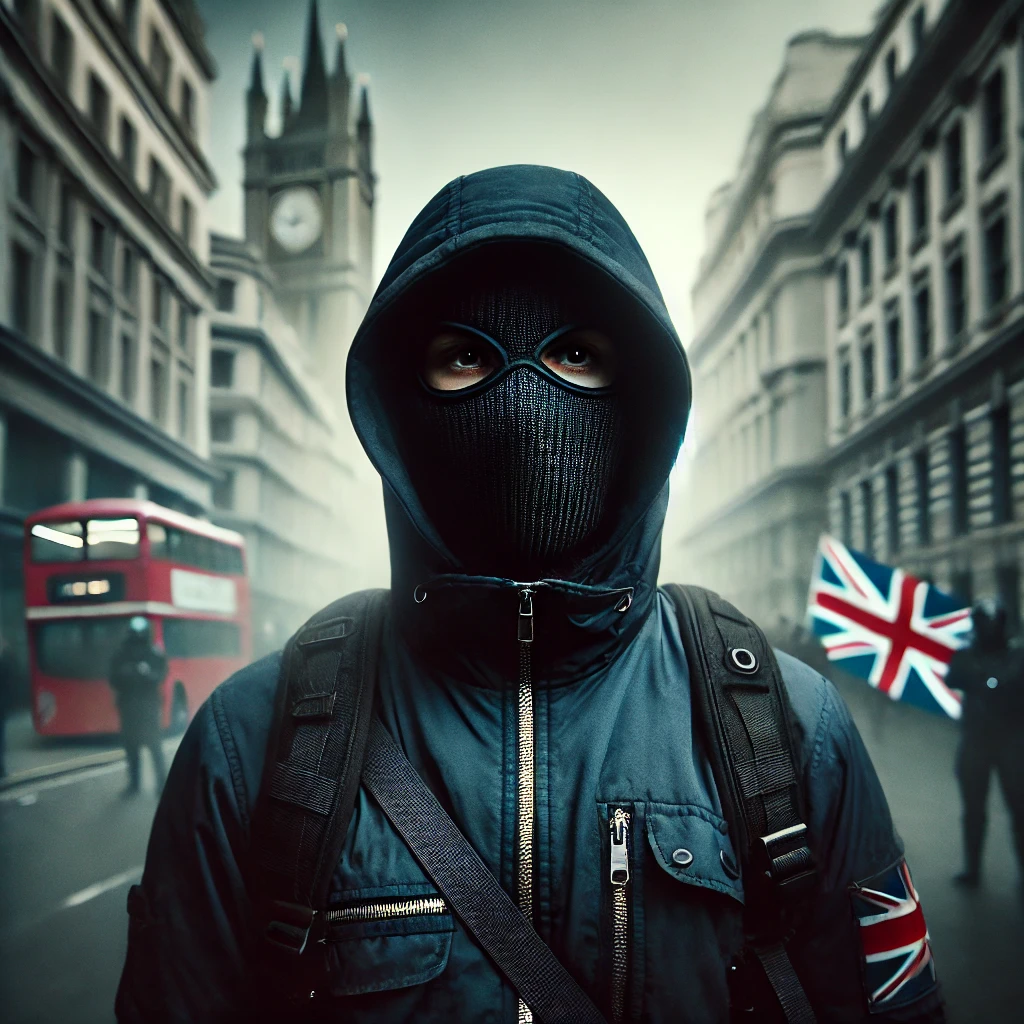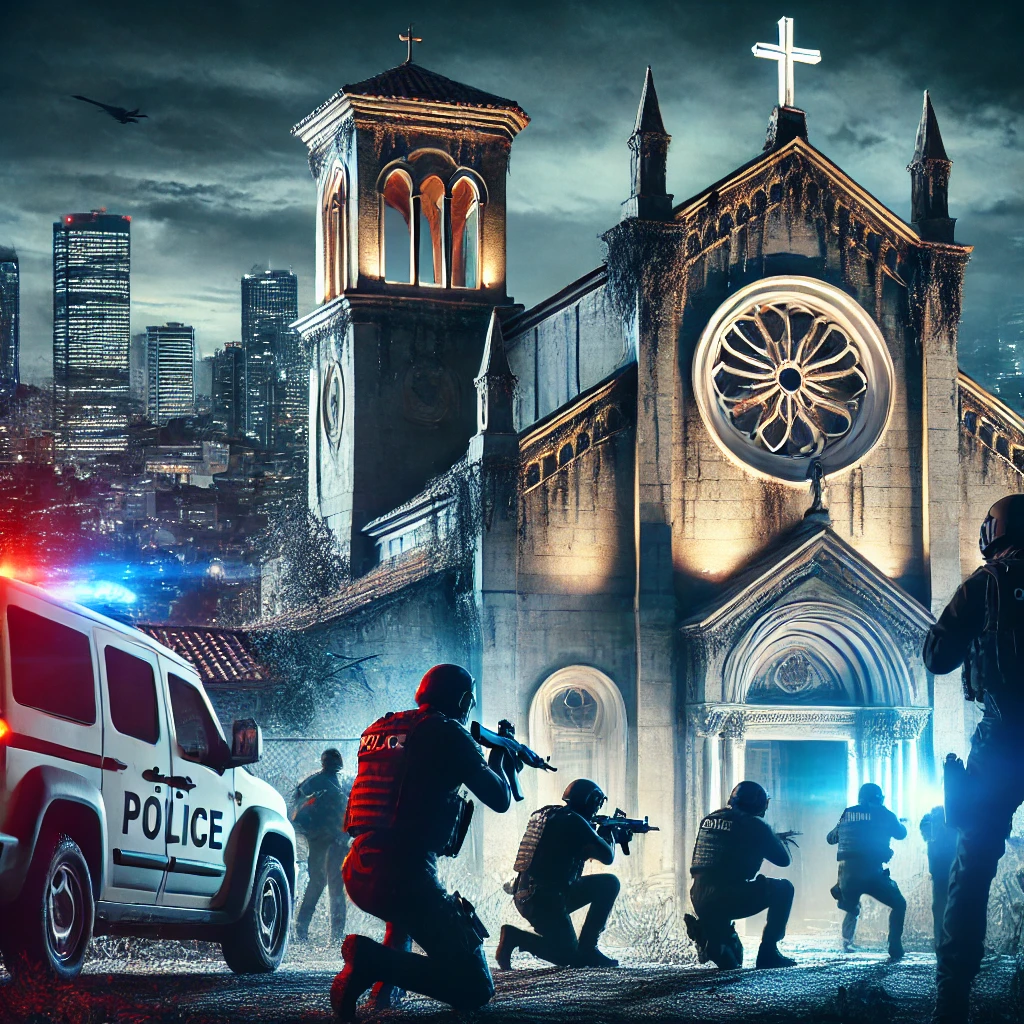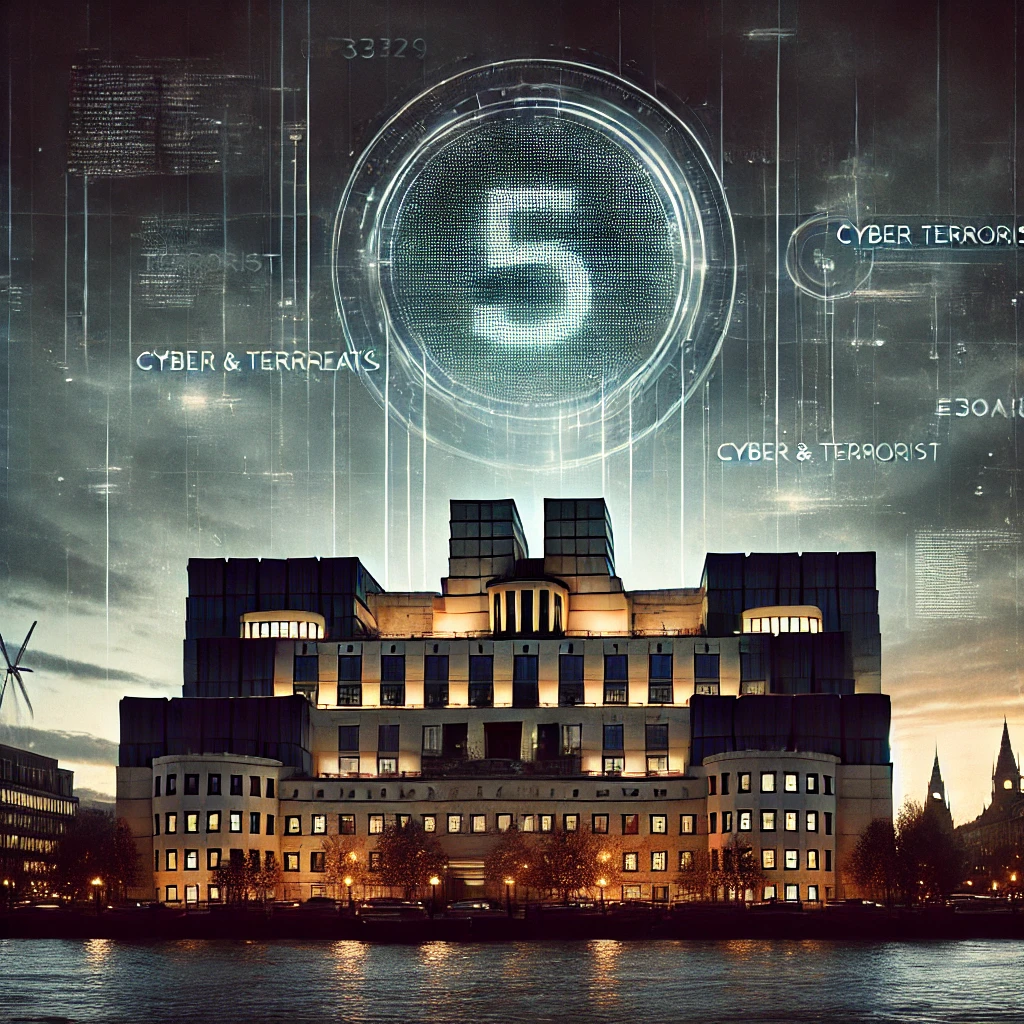The United Kingdom is currently witnessing a surge in far-right protests, with planned demonstrations in over 30 locations across the nation. These protests, which have often turned violent, are primarily targeting buildings housing asylum-seekers and offices of immigration lawyers. The unrest, driven by anti-immigration conspiracy theories, marks one of the most significant episodes of civil disorder in the UK in over a decade.
In response to the escalating situation, the UK government has mobilised approximately 6,000 specialist police officers. This unprecedented deployment underscores the severity of the situation. The demonstrations are not only a test of the nation’s law enforcement capabilities but also a reflection of the deep-seated divisions within the society. Prime Minister Kier Starmer, addressing the situation after an emergency government meeting, emphasised the need for a coordinated and robust police response to ensure public safety and order. He acknowledged the difficulty of managing such widespread disorder, yet assured the public that every effort was being made to restore peace.

One particularly troubling aspect of these protests is the behaviour of the participants. Protestors, often seen wearing masks that resemble those used by terrorist organisations like ISIL, seem to be adopting these disguises to hide their identities, possibly indicating an awareness of the illegitimacy of their actions. This choice of attire not only raises questions about their intent but also suggests a guilty conscience behind the violent actions they are perpetrating. Such imagery evokes a strong reaction, illustrating the troubling direction in which these movements are heading.
The legal system has already begun to respond to the violence. On Wednesday, a 58-year-old man was sentenced to three years in prison for assaulting a police officer, marking the first conviction related to the recent unrest. Liverpool Crown Court Judge Andrew Menary condemned the actions, noting that the genuine grief of Southport residents had been exploited by those with malicious intent. Two other men were also sentenced for violent disorder, with one setting fire to a police van and another committing a racially-aggravated public order offence.
Authorities are not only focusing on those directly involved in the violence but also on those who are organising and inciting the unrest. The English Defence League (EDL), a now-defunct group with a history of violent Islamophobia and ties to football hooliganism, has been identified as a key player in the current protests. Social media, particularly right-wing channels, has played a significant role in spreading plans for rallies, further fuelling the unrest.
International reactions to the UK’s growing instability have been swift, with several countries issuing travel warnings to their citizens. Nations like China, India, and Australia have advised their nationals to exercise caution and avoid areas where protests are taking place. The Nigerian Foreign Ministry has highlighted the increased risk of violence, while European countries, surprisingly, have yet to issue similar warnings.
The roots of these riots can be traced back to a horrific incident in Southport, where three young girls were killed in a knife attack during a Taylor Swift dance class. Initial rumours falsely identified the perpetrator as a Muslim immigrant, sparking immediate backlash and attacks on a local mosque. When it was revealed that the suspect was a Christian of Rwandan descent, the damage had already been done. The riots that followed not only targeted mosques but also attempted to set fire to hotels housing asylum-seekers, further highlighting the deep-seated xenophobia driving the unrest.
The current situation in the UK serves as a stark reminder of the fragility of societal harmony in the face of hate-driven ideologies. The violence and the ease with which misinformation can incite widespread unrest are alarming indicators of the challenges that lie ahead. As the nation grapples with these issues, the need for a united stand against extremism and a reaffirmation of the values of tolerance and inclusivity has never been more critical.






